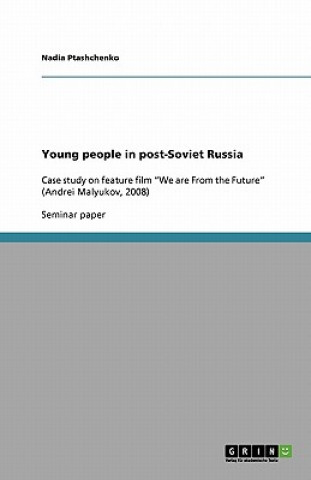
Kód: 01623859
Young people in post-Soviet Russia
Autor Nadia Ptashchenko
Seminar paper from the year 2008 in the subject Politics - International Politics - Region: Russia, printed single-sided, grade: 7, Uppsala University, course: M.A. "Euroculture: Europe in the Wider World", language: English, abst ... celý popis
- Jazyk:
 Angličtina
Angličtina - Väzba: Brožovaná
- Počet strán: 36
Nakladateľ: Grin Verlag, 2009
- Viac informácií o knihe

16.33 €

Skladom u dodávateľa v malom množstve
Odosielame do 4 dní
Potrebujete viac kusov?Ak máte záujem o viac kusov, preverte, prosím, najprv dostupnosť titulu na našej zákazníckej podpore.
Pridať medzi želanie
Mohlo by sa vám tiež páčiť
Darčekový poukaz: Radosť zaručená
- Darujte poukaz v ľubovoľnej hodnote, a my sa postaráme o zvyšok.
- Poukaz sa vzťahuje na všetky produkty v našej ponuke.
- Elektronický poukaz si vytlačíte z e-mailu a môžete ho ihneď darovať.
- Platnosť poukazu je 12 mesiacov od dátumu vystavenia.
Viac informácií o knihe Young people in post-Soviet Russia
Nákupom získate 41 bodov
 Anotácia knihy
Anotácia knihy
Seminar paper from the year 2008 in the subject Politics - International Politics - Region: Russia, printed single-sided, grade: 7, Uppsala University, course: M.A. "Euroculture: Europe in the Wider World", language: English, abstract: During the course of the twentieth century, the Soviet Union rose and fell, and Russia re-emerged. The Russians were left feeling robbed of a sense of place, of purpose and of identity . By the mid-1990 s, Russia, while contending with the ups and downs of economic crisis and the health of its leaders, was trying to find its own course, attempting to resurrect past glories, learn from recent mistakes, and forge a place in a community of nations. Together with society, youth was going through a period of change in its ideological, economic and moral values. According to Martha Olcott, it was Russian youth, who seemed to suffer disproportionately from the numerous social disorders in the USSR at the end of the decade . Ilynsky talks about the widespread moral decay in Russia in the 1990 s and the lack of direction among many young people their poor understanding of freedom, lack of faith in politicians, growing sense of injustice and general concerns about what the future might bring . §§Russian identity is and has been a topic of continual argument, of conflicting claims, competing images, contradictory criteria. According to S. Franklin, Russia is continually represented as a question, a field of possibilities, a set of contradictions . After the collapse of the Soviet Union in 1991 even more intensified self-questioning in the new Russia started. Usually, such questions have been posed by the young population of Russia who happened to live in the period of global economic and ideological transitions. What kind of country is Russia to be? What has happened to young people in the post-Communist phase? The focus of this paper is how the changing economic, political and social geography of Russia affected the youth since the fall of communism in 1991. I will reflect upon the typical portrait and particular features of the post-Soviet youth. My research question is as follow: What images, sentiments, and obligations do young Russians attribute to their homeland, and how do these contribute to an understanding of their notions of ethnicity, patriotism, and nationalism?
 Parametre knihy
Parametre knihy
Zaradenie knihy Knihy po anglicky Society & social sciences Politics & government
16.33 €
- Celý názov: Young people in post-Soviet Russia
- Podnázov: Case study on feature film "We are From the Future" (Andrei Malyukov, 2008)
- Autor: Nadia Ptashchenko
- Jazyk:
 Angličtina
Angličtina - Väzba: Brožovaná
- Počet strán: 36
- EAN: 9783640398751
- ISBN: 3640398750
- ID: 01623859
- Nakladateľ: Grin Verlag
- Hmotnosť: 54 g
- Rozmery: 216 × 140 × 2 mm
- Dátum vydania: 14. August 2009
Obľúbené z iného súdka
-

Case Against the Sexual Revolution
16.73 € -21 % -

Wretched of the Earth
10.65 € -17 % -

The Trigger
25.06 € -18 % -
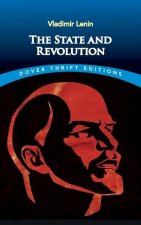
State and Revolution
5.27 € -13 % -
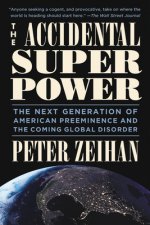
Accidental Superpower
18.26 € -19 % -

My Autobiography
13.08 € -18 % -

Fight Like A Girl
12.27 € -15 % -
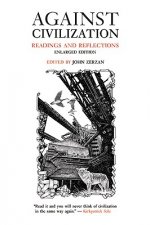
Against Civilization
16.43 € -4 % -
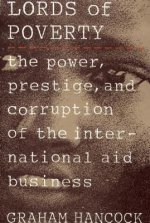
The Lords of Poverty: The Power, Prestige, and Corruption of the International Aid Business
13.79 € -19 % -
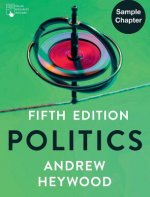
Politics
52.15 € -5 % -
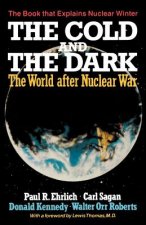
Cold and the Dark
19.98 € -13 % -
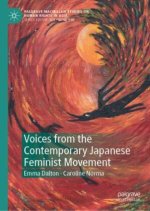
Voices from the Contemporary Japanese Feminist Movement
56.41 € -
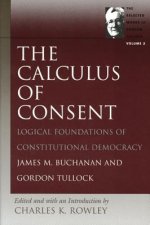
Calculus of Consent
16.94 € -

Mafia Monograph, Part 1 of 4
22.32 € -
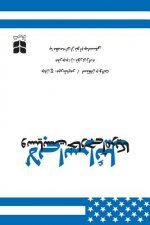
Israel Lobby and U. S. Foreign Policy
28.51 € -7 % -

Harm Reduction or Harm Maintenance
32.67 € -
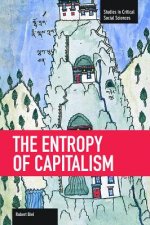
Entropy Of Capitalism
46.88 € -

Red Petrograd
23.84 € -
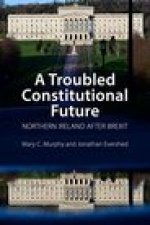
Troubled Constitutional Future
28.41 € -
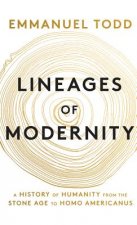
Lineages of Modernity - A History of Humanity from the Stone Age to Homo Americanus
46.37 € -

Inventing Vietnam
32.16 € -29 % -
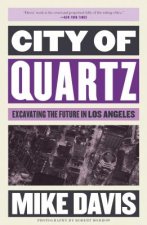
City of Quartz
15.82 € -15 % -

Flash Boys - A Wall Street Revolt
12.88 € -
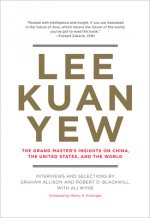
Lee Kuan Yew
21.81 € -6 % -
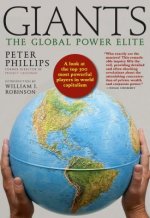
Giants
19.78 € -13 % -
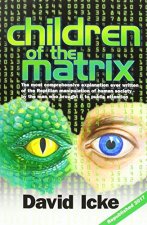
Children of the Matrix
18.16 € -15 % -
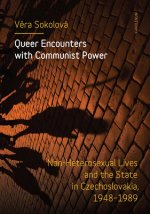
Queer Encounters with Communist Power
25.56 € -
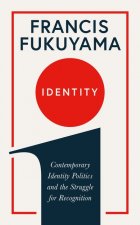
Identity
11.36 € -23 % -
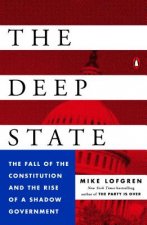
Deep State
16.02 € -21 % -
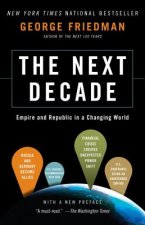
Next Decade
17.95 € -1 % -
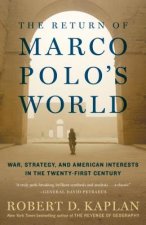
Return of Marco Polo's World
15.31 € -18 % -
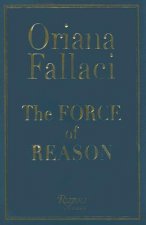
Force of Reason
20.79 € -2 % -
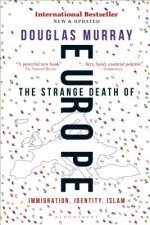
STRANGE DEATH OF EUROPE
19.98 € -6 % -

Political Science For Dummies
19.17 € -20 % -

Yoga of Eating
12.27 € -18 % -
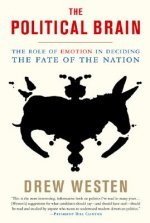
Political Brain
15.21 € -21 % -
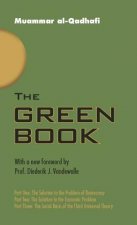
GREEN BOOK
7.80 € -23 % -
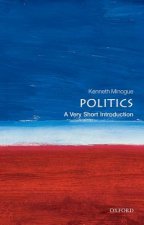
Politics: A Very Short Introduction
10.04 € -22 % -
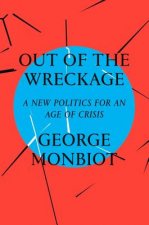
Out of the Wreckage
20.69 € -20 % -
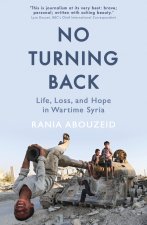
No Turning Back
12.17 € -23 % -

Urban Warfare in the Twenty-First Century
28.41 € -

Trade Marketing, Category Management, and Shopper Marketing
94.47 € -
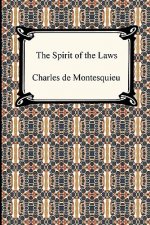
Spirit of the Laws
24.85 € -

USAF Military Working Dog Program - Scholar's Choice Edition
30.44 € -
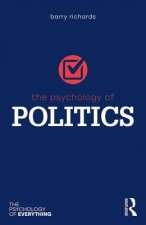
Psychology of Politics
23.13 € -
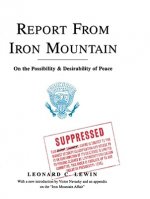
Report From Iron Mountain
15.42 € -

Lies My Teacher Told Me
22.62 € -19 % -
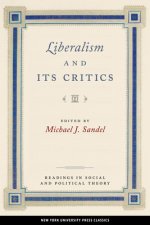
Liberalism and Its Critics
35.81 € -
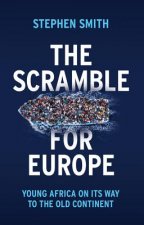
Scramble for Europe, Young Africa on its way to the Old Continent
19.07 € -21 %
Osobný odber Bratislava a 2642 dalších
Copyright ©2008-24 najlacnejsie-knihy.sk Všetky práva vyhradenéSúkromieCookies



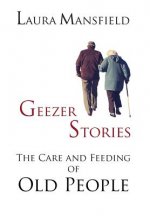
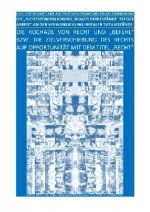
 21 miliónov titulov
21 miliónov titulov Vrátenie do mesiaca
Vrátenie do mesiaca 02/210 210 99 (8-15.30h)
02/210 210 99 (8-15.30h)